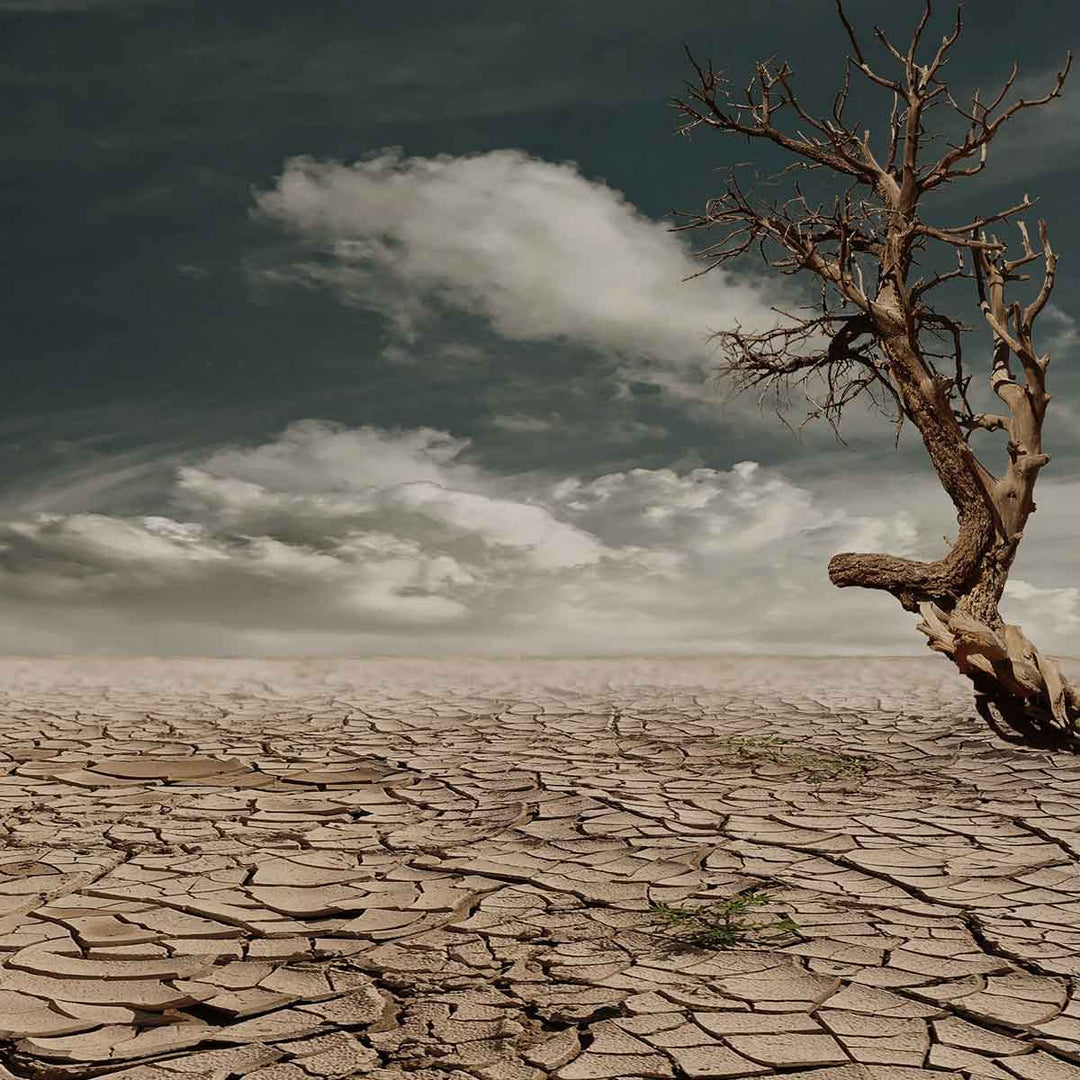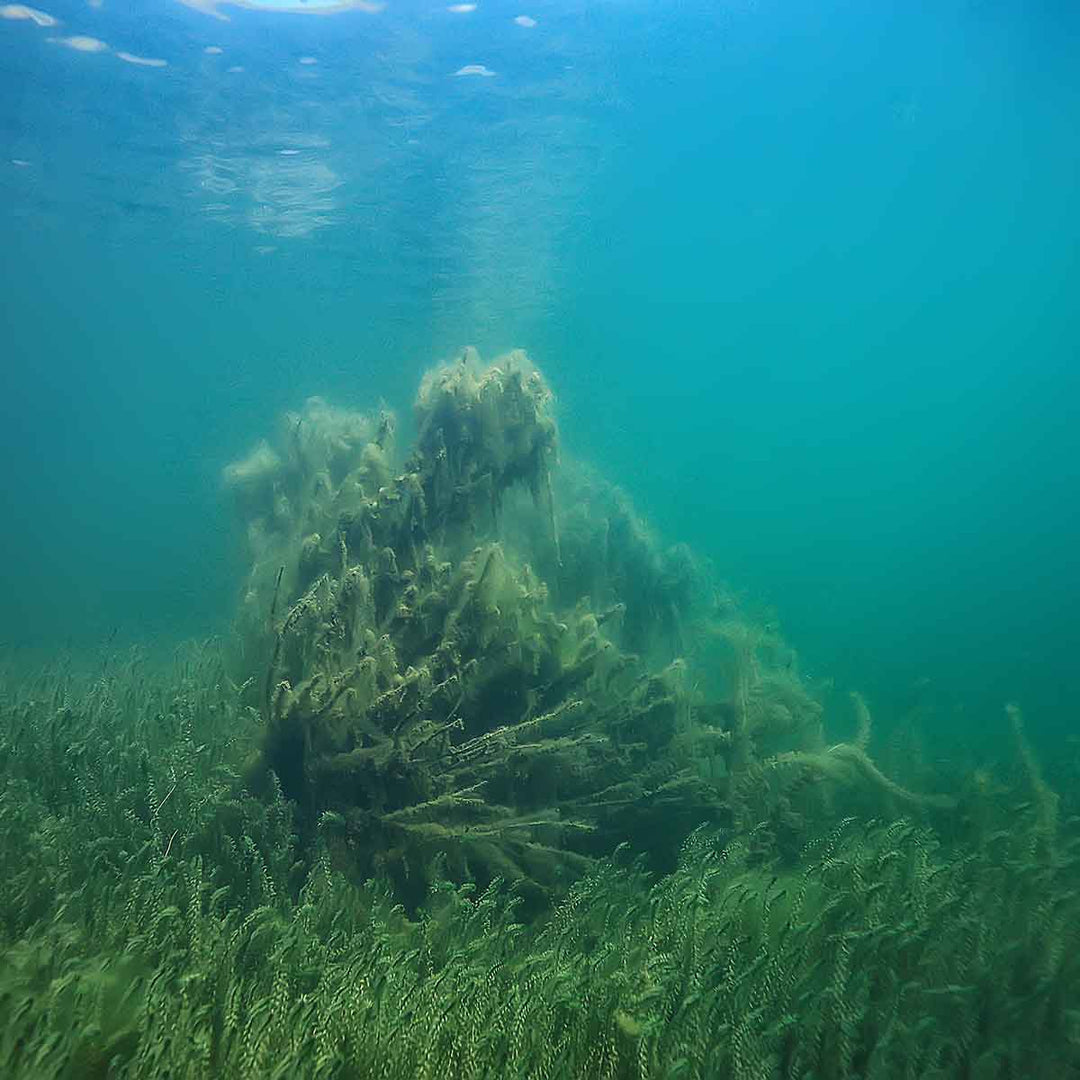Introduction to Soil Pollution 101: What is it, What Can We Do?
What is Soil Pollution?
Soil pollution refers to the process whereby soil is contaminated with harmful chemicals that make their way into the soil through a number of different processes. The factors contributing to soil pollution usually relate to incorrect waste management and harmful chemicals being soaked into the ground through hazardous water supplies. There are many different types of soil pollution that contribute to the reduction of soil quality, and this type of pollution has been known to destroy entire ecosystems and even kill humans. The reduction of soil pollution issues within the environment is imperative to ensuring that communities are able to sustainably live and survive on the land that they inhabit, and when soil is not looked after, entire communities could be displaced. To avoid the issues and effects that come with soil pollution, it is becoming imperative that solutions be created to reduce soil pollution and the impacts that it causes!

What is the Source of Soil Pollution?
There are many different causes of soil pollution, though one of the most toxic and harmful ways that soil is polluted is through harmful and foreign chemicals soaking into the ground thanks to industrial processes and incorrect waste management. Through industrial processes of contamination, the soil becomes toxic, and no plants will be able to grow and thrive in these areas, often causing entire ecosystems to be destroyed. These processes lead to harmful chemicals leaking into the ground, destroying chances of vegetation growing in these areas. There are many ways that these chemicals are released and things like mining, oil exploration and incorrect farming practices are just a few! Incorrect waste management is another way that soil is polluted, and when our waste is incorrectly disposed of and left without being properly cleaned and sanitised, the chemicals from plastics and many other materials leak into the ground, polluting the soil that this waste sits on.

What are the Effects of Soil Pollution?
There are many different ways that soil is polluted and therefore the causes of these effects range. The following are just a few of the most detrimental effects that soil pollution has on the environment.
Decreased Soil Fertility
Decreased soil fertility is one of the leading and most detrimental effects of soil pollution. As chemicals and harmful substances enter the soil, the soil becomes infertile and is therefore unable to grow any vegetation, and if there is already vegetation growing in an area, it will quickly die. This destroys ecosystems, animals and can even kill humans. As the soil fertility decreases, no vegetation or plant life will be able to grow in an area for years, and this land can sometimes become dessert-like and barren thanks to this contamination. Food and crops will no longer grow, regions will become arid and sparse, and animals will no longer be able to live in these areas which threaten their existence.
Pollution of Water
One of the most harmful effects of soil pollution is the pollution of water. harmful chemicals that soak through the soil will more than likely reach water pockets below the surface and contaminate the water within these pockets. This contamination filters through and can land up in dams and even the ocean, polluting both fresh and seawater supplies. Pollution of water is not just detrimental to the environment but we also need freshwater to survive, and contaminating supplies with industrial and human waste could be detrimental to the survival of many species, including our own.
Threatening Health
There are many soil pollution health effects that roll over when water is polluted with harmful chemicals. A person could be inflicted with any number of health issues, and this side effect often affects the poorest populations of the world who rely on water that has not been through processing plants. As contaminated water spreads and becomes more dangerous to more populations, it threatens the health and well-being of the communities near this contaminated soil.
How Can Soil Pollution Be Prevented?
The prevention of soil pollution is imperative if we are hoping to create a sustainable world for the next generation to grow up in. If we are going to afford them the same things that we have, there needs to be a change in the way that we think about soil pollution. The following are just a few of the best ways that soil pollution can be prevented.
Correct Waste Management
When it comes to coming up with soil pollution solutions, introducing correct waste management into areas where waste is not discarded properly can greatly increase the quality of the soli and reduce the amount of pollution that contaminates the land and water supply that communities rely on. Correct waste management comprises of teaching communities the best ways of storing and getting rid of waste products, and if done so correctly, far less soil pollution will occur in these regions. Solving and correcting bad waste management practices can help ensure that communities are not displaced in regions where poverty is already an issue. This is particularly true in rural regions, where the waste management is often left up to the community themselves.
Separation of Industrial Wastes
In order to reduce soil pollution, the separation of industrial waste needs to become a standard that is met in all industrial industries. Industrial waste is often from chemicals that are not disposed of correctly, left to contaminate the soil where it was discarded. In order to avoid industrial waste being incorrectly discarded, it is important that measures are put in place to separately store these kinds of waste products, and then dispose of each chemical in a non-harmful way. Chemicals that are used and waste that is produced is very often quite different from each other, and the way that you get rid of or recycle one may not be the same for a different chemical or material. Segregating and separately dealing with waste is an important way that soil pollution effects can be reduced and every industrial industry should look for ways that they can separate, store and get rid of waste products in a sustainable and eco-friendly way.
Keep the soil clean with our Eco-Friendly Towels!













